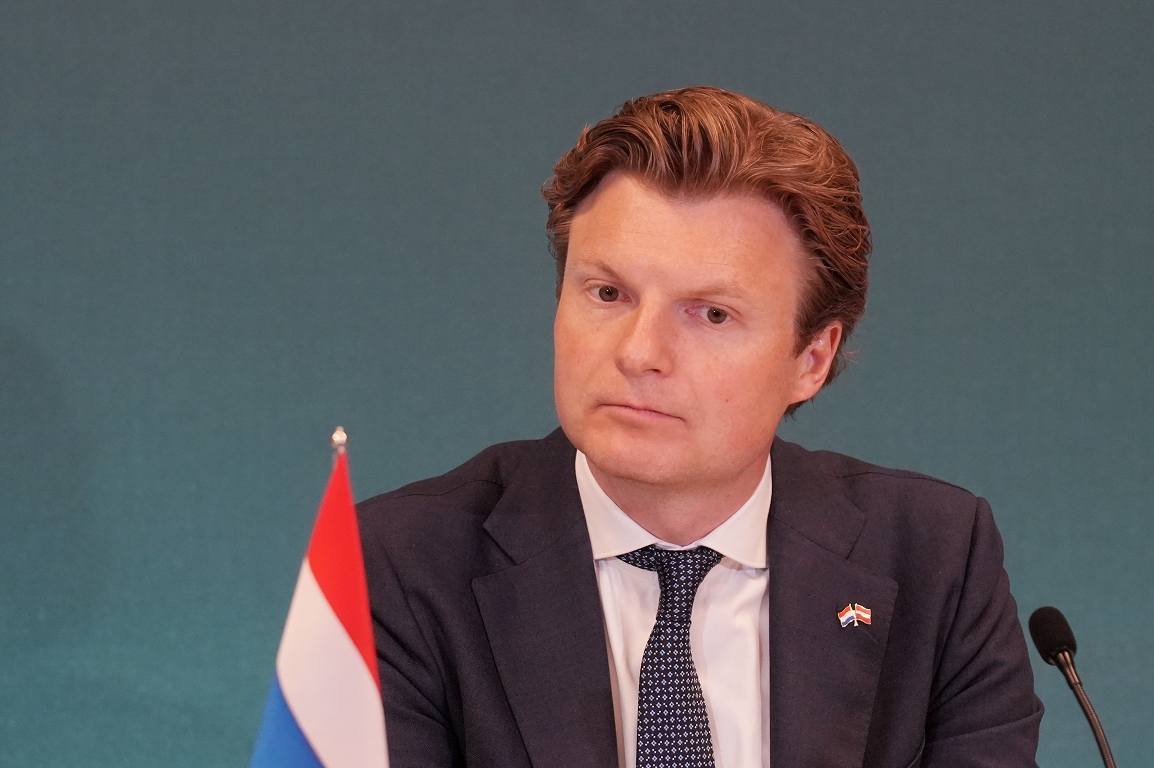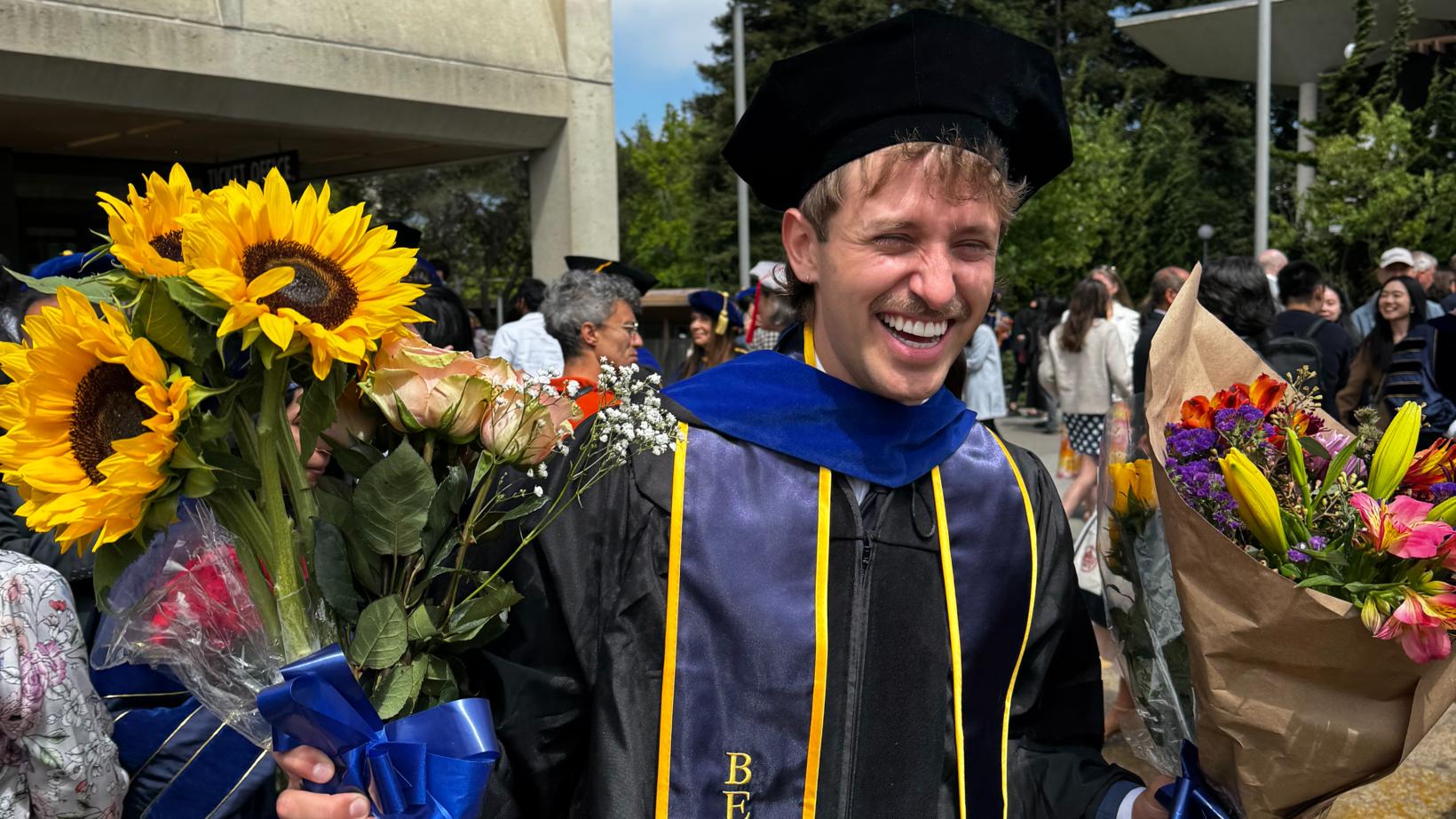The government agrees to fully implement the new education financing model from autumn next year, and money has yet to look for / day

Teachers’ remuneration reform was announced in 2023 to prevent inequality against teachers, as the increase in salary in the existing model « Money follows the pupil » depends on the number of children in the municipalities.
At the same time, it was not possible to reach an agreement on the implementation of the new model for a long time, as there was a lack of clarity on the source of funding for the implementation of the reform. Initially, the reform was planned this fall, but it had to be abandoned due to insufficient funding.
The « School Program » model will be launched gradually, first ensuring the salary of support staff. For this purpose, the state budget will have to find an additional EUR 6.4 million for four months this year and EUR 12.9 million in 2026. It is planned that the Ministry of Education and Science (MoES) will come with proposals by June 20, how additional support staff in schools have been funded from autumn this year.
According to the MoES estimates that the reform will require an additional EUR 35.7 million from the state budget next year, but from 2027 and hereinafter – EUR 107.24 million each year. Calculations are based on the current data, structure and network of educational institutions this school year.
The issue of granting additional funding for the implementation of the reform in 2026 and in the future will be discussed in the development of the draft law « On the State Budget for 2026 and the Budget Framework for 2026, 2027 and 2028 ». At the same time, the transition to the new financing model is set as one of the priorities in the preparation of this bill, resulting from the minutes of the government meeting.
The Saeima will have to decide on the adoption of the bill. Until the second reading of the bill, the MoES will have to develop the necessary draft government regulations, setting the criteria and the procedure by which the State participates in financing the salary of teachers.
If the Saeima adopted amendments to the law by the end of this year, the government could approve the Cabinet of Ministers regulations by March 2026, predicts the MoES.
Minister of Education and Science Dace Melbarde (JV) expects « very difficult conversations » at the time of considering the bill in the Saeima, where « everyone will fight for schools of their interests ». The politician at the government meeting confirmed that after the municipal elections, the MoES would re -visit all municipalities to judge the organization of the school network.
Melbourne agrees that closing the schools or reducing the education phase « is a very painful decision, no matter how rational the figures behind it are. » At the same time, she stressed that the country should « wisely » plan and use existing resources. Several small schools, according to Melbourne, are currently not providing a quality education service.
The politician said that these schools may have worked with limited resources for a while, so it would not be right to punish them immediately and each case should be assessed individually. She stressed that « choices are the parents », and if there are no pupils at some point, it is impossible to preserve such a class, regardless of the status granted.
« Once again, we encourage us to find some Golden Media in order to be able to create a sufficiently pragmatic and efficient network of this network of educational institutions, » said Melbourne. She pointed out that the limited resources, which will be available to education in the near future, even if investments in this area are very necessary.
At the government meeting, representatives of both teachers and municipalities expressed support for the introduction of the new model.
The new model stipulates that public funding for teachers’ earmarked grants would be fully received by municipalities with a school network, arranged in accordance with the criteria offered by the MoES.
The minimum number of students in the class will be determined by the optimal class approach or the number of pupils in the classroom, depending on the location of the educational institution, the location of the four classes and the educational institution.
The MoES offers to grant schools only for classes for classes in general education and secondary education for state budget funding for teachers’ salaries, which meets the minimum requirements for the number of pupils in the classroom and in compliance with the requirements for possible derogations.
If the educational institution does not comply with quantitative criteria, taking into account the permissible derogation, and it will not be determined as an exception, the implementation of educational programs in grades 1-9 will be granted in proportion to the actual number of learners against the optimal number in the class.
On the other hand, for the implementation of the programs in grades 10-12, public funding will be granted only to schools that meet the determined criteria of the optimal number of students, subject to the prescribed allowable deviation. If the educational institution does not meet the quantitative criteria, taking into account the permissible derogation, the missing funding will have to be found in its budget.








